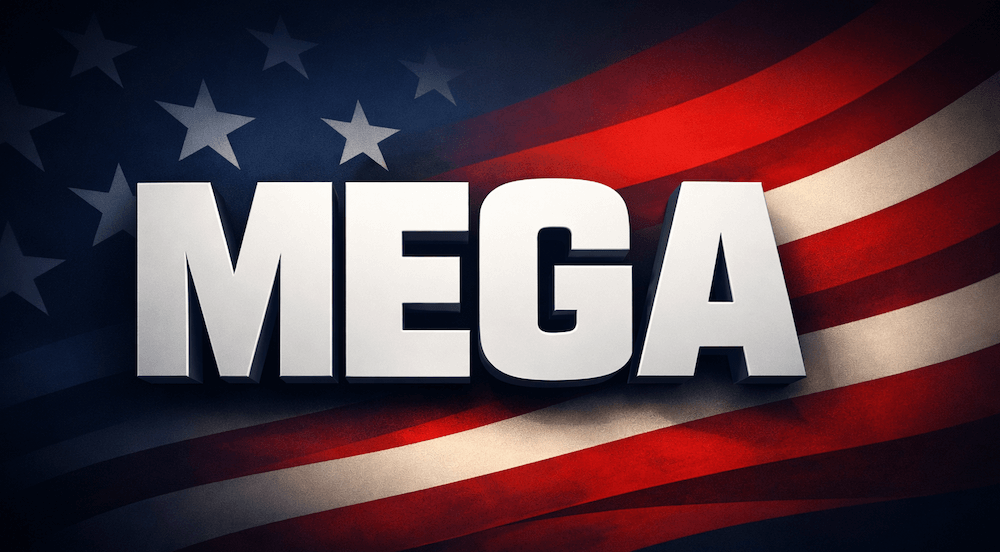
Posted April 19, 2024
By Matt Insley
Iran Strikes Back?
“As you know by now, last weekend Iran attacked Israel with a combination of drones, cruise missiles and ballistic missiles,” says Paradigm’s geopolitics authority Jim Rickards.
“While we don’t have the exact number,” he says, “reports indicate that the attack included about 300 drones and missiles in all.”
But what’s been criminally underreported by mainstream media outlets is that Iran’s attack was not unprovoked.
In fact, it was a counterattack.
“The attack came in retaliation for Israel’s recent strike against the Iranian consulate in Damascus, which killed two senior Iranian military officials, among others (incidentally, it also damaged the nearby Canadian embassy),” Jim says.
“Under international law, diplomatic facilities are essentially considered sovereign territory. So in one sense, the Israeli attack was a direct attack on Iranian soil.
“That’s largely why Tehran determined that it had to retaliate. It believed Israel crossed a red line when it attacked their consulate in Damascus.
“But despite the relatively large scale of Iran’s retaliatory strike, it was in many respects measured. It was almost like Tehran wanted to avoid inflicting heavy damage on Israel because of the Israeli response it would provoke….
Send your opinions to, feedback@newsyoucanacton.com
Your Rundown for Friday, April 19, 2024...
How It’s Going
“The attack was primarily focused on military and intelligence installations, not major population centers like Tel Aviv,” Jim continues.
“To further highlight the limited nature of the Iranian strike, Tehran gave regional allies three days notice of its plans. And if Israel picked up that intelligence? Oh, well!”
H.A. Hellyer, a MIddle East expert and senior fellow at the Royal United Services Institute, agrees…
Iran’s retaliation was choreographed and telegraphed. [There was] almost zero chance it was going to inflict damage on Israel with that level of warning. The point was to make a scene, and it did that.
“It’s also telling that Tehran didn’t involve its proxy Hezbollah operating in Lebanon,” Jim notes. “Hezbollah has a large number of rockets that it could have launched into Israel, but it doesn’t appear that Hezbollah was involved in the attack.
“If Tehran really intended to damage Israel, it would have coordinated its attack with Hezbollah,” he says. “That would have overwhelmed Israeli air defenses.
“The key question is what happens next?” Jim asks. “Will Israel retaliate or not?
“Attacking the consulate was a major event with potentially significant ramifications. Normally, you’d expect that Israel would notify the U.S. in advance, given the tight relationship between the U.S. and Israel.
“But it didn’t. That’s a strong indication that Netanyahu, who doesn’t like Biden, is determined to pursue what he believes to be Israel’s interests, especially after the Oct. 7 terror attacks by Hamas. In other words, Biden has limited leverage over Netanyahu.
“It’s therefore highly plausible that Biden will have limited ability to prevent Israel from direct retaliation against Iran. And if Israel does retaliate directly, Iran will have to respond in kind. This time, Iran’s response won’t be nearly as measured.
“From there, you’re looking at the real potential of a wider regional war that would most likely involve the U.S. I’ve been warning about this for a long time. The economic impact would be devastating.
“If a wider regional war breaks out, Iran may close the Straits of Hormuz, one of the world’s most important maritime chokepoints, through which much of the world’s oil flows. You could expect oil prices to go to $150 per barrel or higher. That would put the U.S. and Western Europe in a recession worse than 2008 and the earlier oil shock of 1974.
“The ball’s in your court, Israel,” Jim closes. “What are you going to do?”
BREAKING:I interviewed Jim Rickards at our Paradigm Press YouTube channel a couple days ago…

On a granular level, Jim breaks down what happened in Israel on Saturday, how the U.S. is involved and what this international conflict means for economies around the world.
Plus, Jim discusses the likelihood of an all-out nuclear conflict… You’ll definitely want to watch.
(As a favor to me, while you’re there, please subscribe to our YouTube channel. This is valuable, free content from some of the best minds in America. Don’t miss it!)
This Just In: Explosions were heard Friday in Iran's Isfahan province, near the site of an Iranian nuclear facility. We’ll have an update on Monday…
Market Rundown for Friday, Apr. 19, 2024
The S&P 500 is barely in the green at 5,010.
Oil is up 0.15% to $82.85 for a barrel of WTI.
Gold is up about 0.10% to $2,400 per ounce.
Bitcoin is up 2.45%, just under $65k at the time of writing.
Send your comments and questions to, feedback@newsyoucanacton.com

Make Elections Great Again
Posted February 02, 2026
By Matt Insley

How Congress Gets Rich
Posted January 30, 2026
By Matt Insley

Three Commodity Calls. All Profitable.
Posted January 28, 2026
By Matt Insley

Trump Puts Allies on Notice
Posted January 26, 2026
By Matt Insley

The Great SaaS Meltdown
Posted January 23, 2026
By Matt Insley
